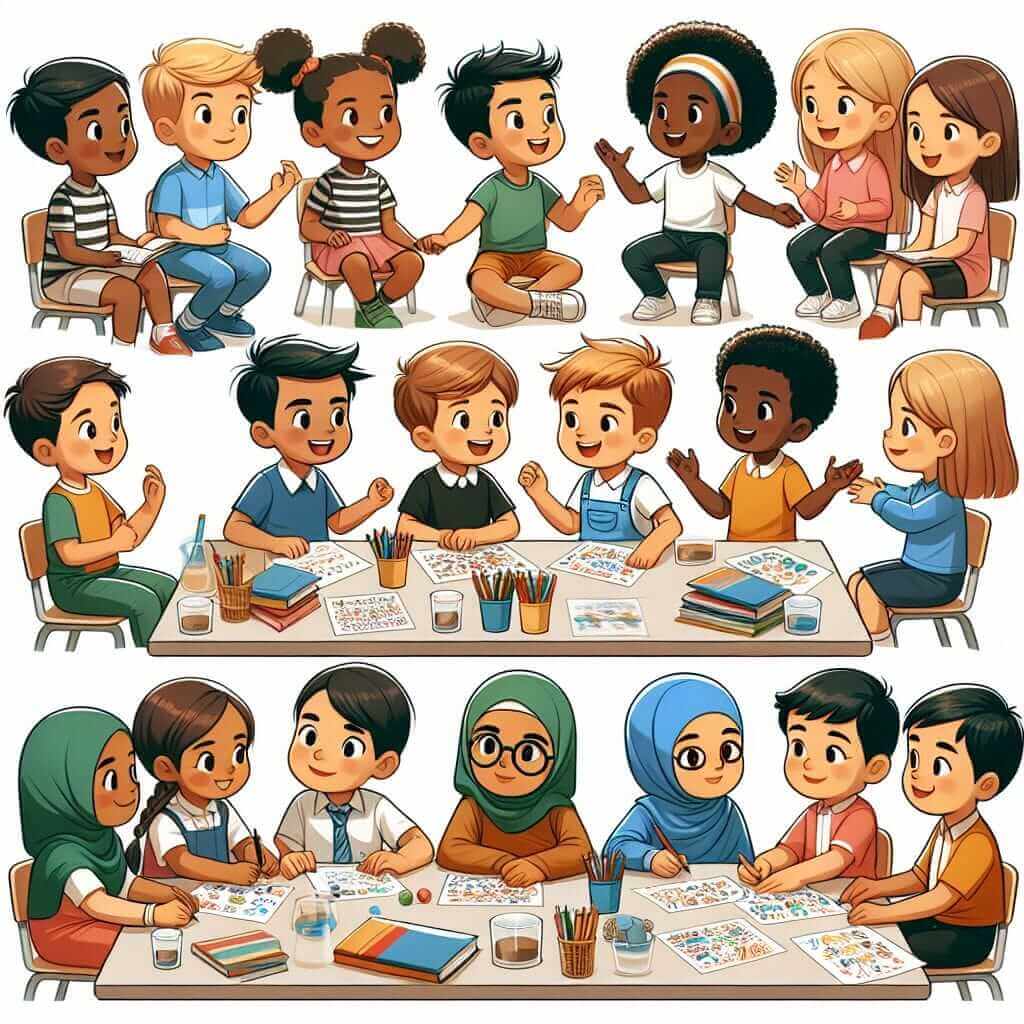The role of education in promoting gender equality is a topic that frequently surfaces in IELTS Writing Task 2. It’s a global concern that holds significant weight in various aspects of society. Let’s delve into potential essay questions that you might encounter:
Possible Essay Questions:
- To what extent do you agree that education is the key to achieving gender equality?
- Some people believe that educating boys and girls separately is the best way to promote gender equality. To what extent do you agree or disagree?
- Discuss the role of education in challenging gender stereotypes and promoting equal opportunities for all genders.
Model Essay: Education – The Cornerstone of Gender Equality
Essay Question: To what extent do you agree that education is the key to achieving gender equality?
Essay:
Gender equality, a fundamental human right, remains a persistent challenge in many societies worldwide. While numerous factors contribute to this ongoing struggle, education emerges as a potent force for dismantling gender disparities and fostering a more equitable world. I firmly believe that education serves as the cornerstone of achieving gender equality.
Firstly, education empowers individuals with knowledge and critical thinking skills, enabling them to challenge and ultimately dismantle harmful gender stereotypes. By instilling children with the understanding that capabilities are not determined by gender, education can break down traditional barriers that limit opportunities. For instance, encouraging girls to pursue STEM fields and boys to explore traditionally female-dominated areas like nursing can broaden horizons and pave the way for greater gender balance across professions.
Moreover, education plays a pivotal role in equipping individuals with the economic independence necessary to achieve gender equality. When women are afforded equal access to education and skills development, they are better positioned to participate actively in the workforce, contribute to economic growth, and gain financial autonomy. This economic empowerment not only benefits women individually but also strengthens families and communities, creating a ripple effect that fosters societal progress.

However, it is crucial to acknowledge that education alone cannot single-handedly eradicate gender inequality. Societal norms, cultural beliefs, and systemic biases often deeply ingrained and require a multifaceted approach. Governments, organizations, and individuals must work in tandem to challenge discriminatory practices, promote equal opportunities, and create an environment where gender equality can truly flourish.
In conclusion, while acknowledging that achieving gender equality necessitates a comprehensive approach, education undoubtedly stands as a fundamental pillar. By fostering critical thinking, promoting equal opportunities, and empowering individuals, education paves the way for a future where gender no longer dictates one’s potential or limits their aspirations. (Word count: 276)
Analysis
- Structure: The essay follows a clear structure – introduction, body paragraphs with supporting arguments, and a conclusion.
- Vocabulary: The essay uses a range of sophisticated vocabulary related to gender equality (e.g., “dismantling disparities,” “economic autonomy,” “ingrained biases”).
- Grammar: The essay demonstrates a good command of grammar with complex sentence structures and accurate use of tenses.
- Coherence & Cohesion: Ideas are logically connected using transition words and phrases (e.g., “Firstly,” “Moreover,” “However”).
Vocabulary Highlights
- Dismantling (verb) /dɪsˈmæn.təl.ɪŋ/: To take apart or break down a system or structure.
- Disparities (noun) /dɪˈspær.ə.tiz/: Noticeable differences or inequalities.
- Instilling (verb) /ɪnˈstɪl.ɪŋ/: Gradually establishing an idea or attitude in someone’s mind.
- Autonomy (noun) /ɔːˈtɑː.nə.mi/: The right or condition of self-government, especially in a particular sphere.
- Ingrained (adjective) /ɪnˈɡreɪnd/: Firmly fixed or established; difficult to change.
Conclusion
The role of education in promoting gender equality is a multifaceted topic that can be approached from various angles. Remember to analyze the essay question carefully, plan your response, and provide well-supported arguments. By familiarizing yourself with common IELTS themes and expanding your vocabulary, you’ll be well-equipped to tackle any essay question on this important issue.